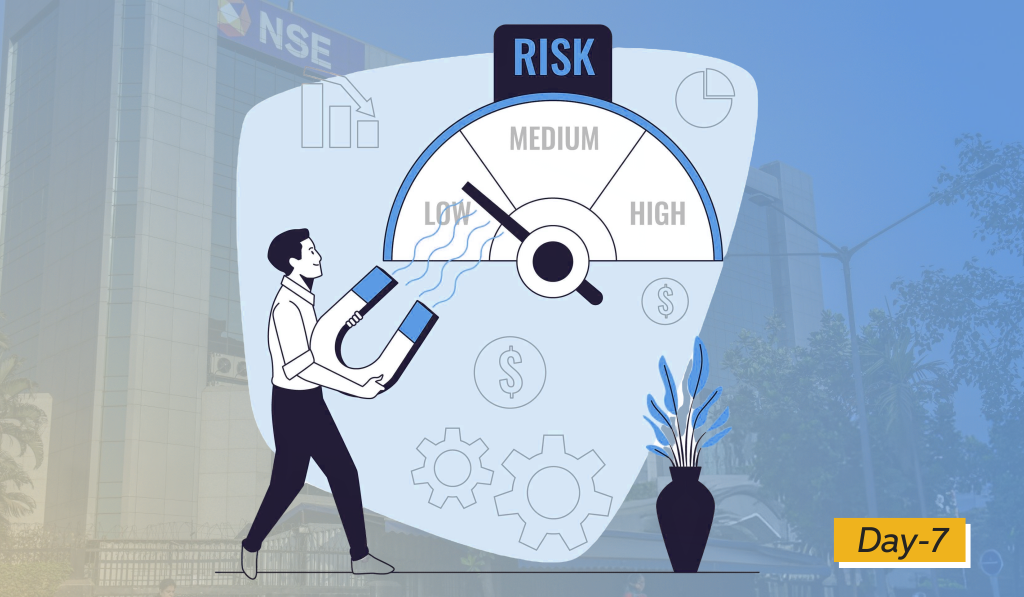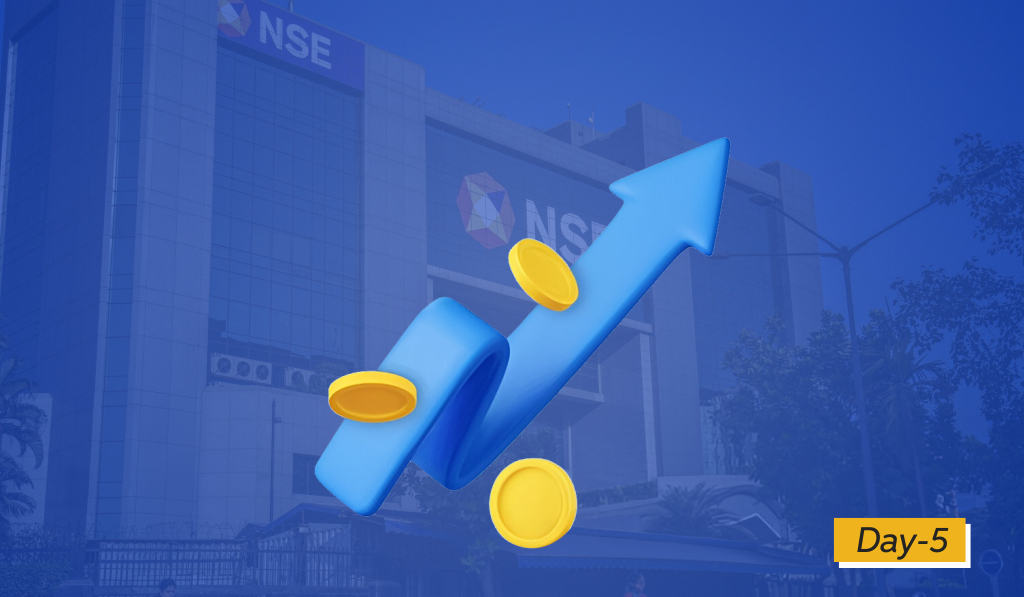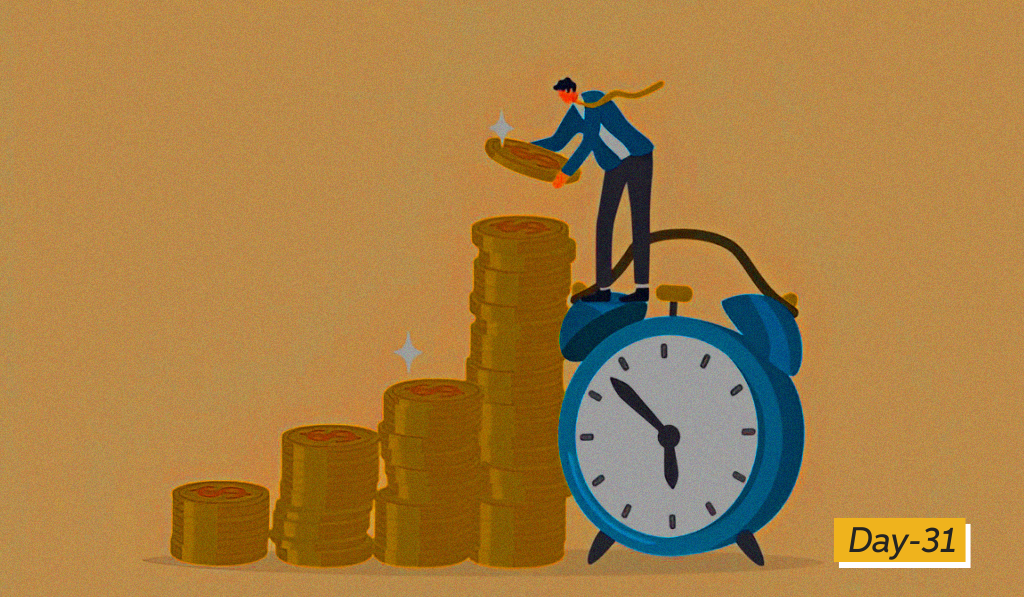Before diving into other aspects of trading, it’s important to first gain clarity about yourself and your unique situation. I’ll break this down based on the amount of time you can realistically dedicate to the market. Whether you’re a student, housewife, working professional, or retired individual, we all have other priorities to consider, and aligning trading with your lifestyle is key.
Understanding these factors and aligning your strategy with your unique situation will make you not just a trader, but a better and more consistent one.
Frequently Asked Questions
Q1:-Does spending more time in the market always leads to greater profits?
Not necessarily! Spending more time in the market doesn’t guarantee more money. In fact, in trading and investing, quality of decisions often outweighs the quantity of time spent.
Choosing the right trading style depends heavily on how much time you can commit to the market and your personality. Here’s a guide to help match trading styles with your time availability and personality:
1. Investor
- Time Commitment: Low (long-term focus, can check in periodically).
- Personality Type:
- Patient, calm, and able to tolerate market fluctuations.
- Prefers a hands-off approach with minimal stress.
- Best for:
- People who have limited time for trading and prefer long-term wealth accumulation.
- Those who are risk-averse and can ride out market ups and downs for years.
- Example: Buying blue-chip stocks, ETFs, or mutual funds and holding them for years, aiming for long-term growth.
2. Swing Trader
- Time Commitment: Moderate (a few hours a day or week to monitor trades).
- Personality Type:
- Analytical, likes to study trends and make calculated decisions.
- Comfortable with some level of risk but not overly stressed by short-term market movements.
- Best for:
- Those with some time to spend on technical and fundamental analysis but not enough to monitor trades throughout the day.
- Traders who want to capture short- to medium-term price swings, without the pressure of daily trading.
- Example: Buying stocks or other assets when they show potential for a price swing (e.g., after a pullback in an uptrend) and holding for several days to weeks.
3. Day Trader
- Time Commitment: High (actively trading throughout market hours).
- Personality Type:
- Fast-paced, decisive, and able to handle stress.
- Prefers immediate feedback from trades and enjoys fast-moving environments.
- Best for:
- People who can dedicate full attention during market hours and make rapid decisions.
- Those comfortable with risk and volatility and who thrive in high-intensity environments.
- Example: Buying and selling stocks or other assets within the same trading day, often making multiple trades in a day to profit from small price movements.
4. Scalper
Time Commitment: Very High (monitoring markets continuously throughout the day).
- Personality Type:
- Extremely focused, fast decision-maker, and able to stay calm under pressure.
- Comfortable with high levels of risk and quick price changes.
- Best for:
- Traders with a high tolerance for risk and who can dedicate all their attention to rapid, small trades.
- Those who enjoy the thrill of fast-paced trading and can maintain focus over long periods of screen time.
- Example: Making dozens or even hundreds of small trades in a day, looking to profit from tiny price movements, often in highly liquid assets like Forex or stocks.
Summary:
- Investors need patience and a long-term outlook, requiring little daily attention.
- Swing Traders want a balance of analysis and activity, with moderate time commitment.
- Day Traders thrive in a fast-paced environment, requiring full-time attention.
- Scalpers need to be highly focused and dedicated, constantly monitoring the market for quick opportunities.
Your time availability and personality traits play a key role in determining which trading style is best suited to you. Would you like help narrowing down your style based on your schedule
Frequently Asked Questions
Q2:-Which of the trading styles mentioned above results in the most earnings?
- Scalpers have the highest potential for earnings in the shortest amount of time, due to the volume and frequency of trades. However, they also face the highest risk and need substantial capital and expertise.
- Day Traders also have the potential for high earnings, but like scalpers, they face intense market risks and require substantial focus, capital, and time.
- Swing Traders can earn more than investors, especially when catching profitable trends, but the returns are less frequent and come with higher risk compared to long-term investing.
- Investors generally earn steady, moderate returns over the long run. While their earnings may not be as high or as fast as active traders, they typically face lower risk and experience more consistent growth through dividends and compound interest.
In the market, your skill matters more than anything else because it enables you to analyze trends, make informed decisions, and manage risk effectively. Without the right skills, even large capital can be wasted on poor trades. Emotional discipline is key to avoiding impulsive decisions during market volatility. Skilled traders know how to adapt to changing market conditions and continually refine their strategies. While timing and luck play a role, consistent profits come from mastering technical analysis, risk management, and strategy. Experience teaches you to learn from mistakes, which is crucial for long-term success. Ultimately, it’s your knowledge, patience, and adaptability that drive sustained growth.
End Note:
Understanding yourself is the foundation of successful trading. By getting clarity about your risk tolerance, goals, and the time you can dedicate, you’ll be in a much better position to choose the trading style that suits you best. Whether you’re drawn to long-term investing or prefer the fast-paced nature of day trading, knowing what fits your personality and lifestyle will eliminate confusion and indecision. Once you’ve sorted this out, you’ll be able to focus on what matters—executing your strategy with confidence and discipline, leading to more consistent success in the market.
As Mark Minervini wisely said, “The market doesn’t know or care what your intentions are. It only cares about your results.” Focus on understanding yourself, and the results will follow.










